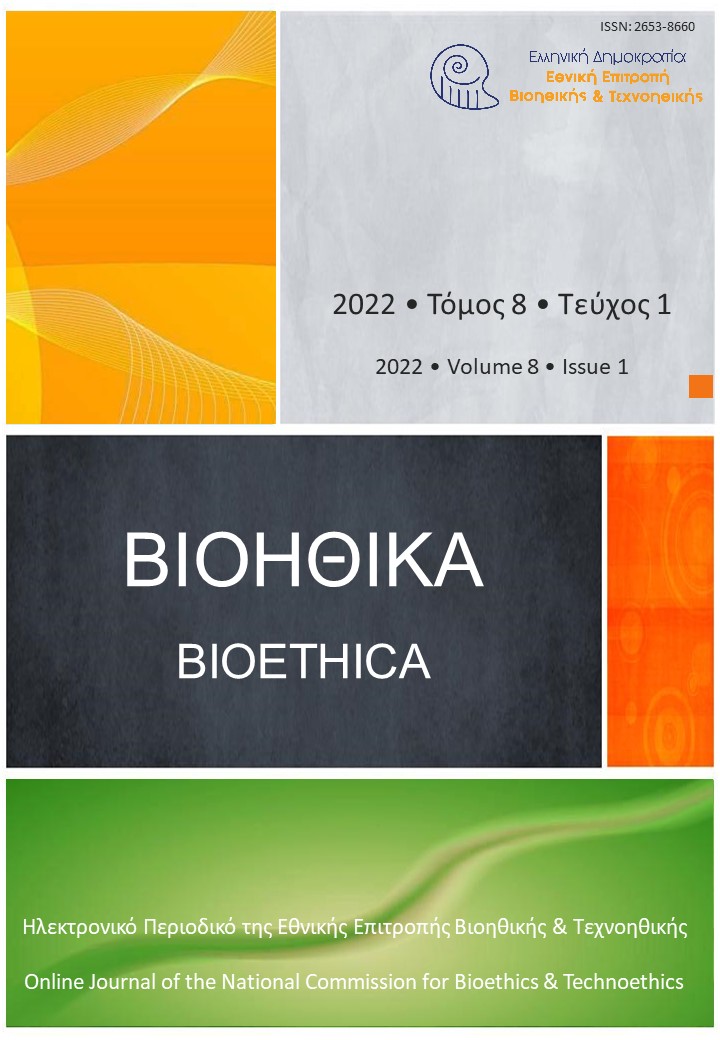Fertility Tourism: The legal side of this phenomenon without borders
Abstract
Fertility, reproductive or procreative tourism are all new terms which designate a growing trend of the 21st century, namely the movement of people to other countries in order to undergo fertility treatment. Thus, this phenomenon implies multiple legal, bioethical, sociological issues and more, which need to be taken into consideration both by the national policymakers and by the ones seeking for such treatments abroad. This review article will try to offer a bigger picture by focusing on the particularities of the national laws on medical assisted reproduction of four representative EU countries, namely Germany,
Austria, Italy and France and on interpreting how the restrictions in one state could boost the fertility tourism industry in other ones. The situation in each country will be depicted in a comparative manner, tackling the legislation, regulations and even relevant domestic jurisprudence on topics such as gamete donation and its anonymity regime, post-mortem reproduction, surrogacy services and cryopreservation. Moreover, it will be determined who is entitled to have fertility treatment in each of the countries subject of the analysis and how do these states fund the procedures. Furthermore, the most popular non-EU countries of destination will be presented and why one would prefer to undergo fertility treatment there. In the end, the review article will reflect if there are indeed real chances of creating strong national,
European or international policies regarding fertility treatments.
Article Details
- How to Cite
-
Barbu, R. M. (2022). Fertility Tourism: The legal side of this phenomenon without borders. Bioethica, 8(1), 48–65. https://doi.org/10.12681/bioeth.30542
- Section
- Reviews

This work is licensed under a Creative Commons Attribution 4.0 International License.
Authors who publish with this journal agree to the following terms:
- Authors retain copyright and grant the journal right of first publication with the work simultaneously licensed under a Creative Commons Attribution CC BY 4.0 License, which allows for immediate free access to the work and permits any user to read, download, copy, distribute, print, search, or link to the full texts of articles, crawl them for indexing, pass them as data to software, or use them for any other lawful purpose. Appropriate credit must be given by citing the author(s) and the original publication in this journal.
- Authors are able to enter into separate, additional contractual arrangements for the non-exclusive distribution of the journal's published version of the work (e.g. post it to an institutional repository or publish it in a book), with an acknowledgement of its initial publication in this journal.
We encourage authors to deposit their articles, as well as data underlying the publications, in institutional and/or other appropriate subject repositories.
Bioethica permits and encourages authors to archive the final publication pdf in institutional (e.g. the repository of the National Hellenic Research Foundation) or other appropriate subject repositories (e.g. SSOAR repository for social sciences), in compliance with institutional and/or funder open access policies, after publication in the BIOETHICA. Authors must provide bibliographic details that credit publication in the journal, as well as related funding details (when applicable).
Lists of institutional and other subject-based academic open access repositories can be found listed by country at the registry http://opendoar.org/countrylist.php
If your institution does not possess a repository you may deposit a copy of your paper at no cost with www.zenodo.org , the repository supported for open access research in the EU by the European Commission, through the project OpenAIRE (www.openaire.eu )



